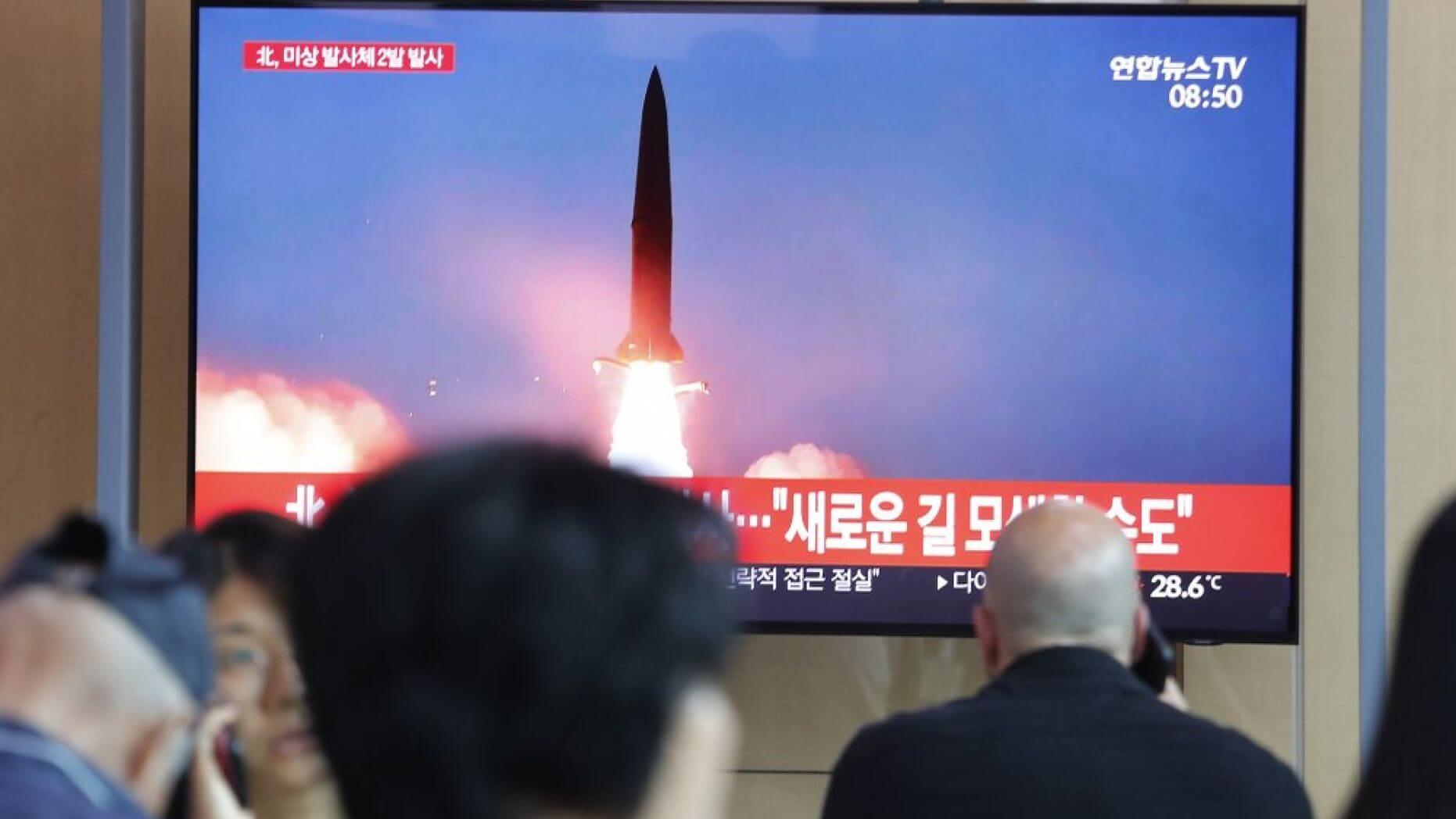Why it matters: The U.N. Security Council had sanctioned North Korea in 2006 for its efforts to arm itself with weapons of mass destruction, banning or capping access to various international trade opportunities. The goal was to persuade the small Asian country to give up its nuclear weapons program, but that hasn't been the case so far. Now that regulators are turning their attention towards the development of decentralized currencies, new details have emerged about North Korea's use of cyberwarfare teams to fund its military goals.
North Korea has been the center of many controversies, the latest of which is at the intersection of politics, technology, and the military. According to a report from Reuters, the country has managed to generate around $2 billion through less than legal avenues in order to fund its weapons of mass destruction program.
Those of you who follow the news are no doubt aware that North Korea is always a top suspect for almost every major cyberattack in recent history. The infamous WannaCry ransomware is a prime example – were it not for Marcus Hutchins, the group behind the attack would have been able to squeeze as much money as they wanted out of everyone in exchange for their important personal files.
The U.N. report seen by Reuters cites several independent security researchers who have been monitoring what they call "increasingly sophisticated attacks to steal funds from financial institutions and cryptocurrency exchanges to generate income," as well as money laundering schemes for the stolen money.
The experts said there were at least 35 attacks targeting 17 countries, but there could be many more. It also appears to be the work of the same hacker groups that have been working under North Korea's Reconnaissance General Bureau for the last two decades.
As noted in the report, the strategy was to attack cryptocurrency exchanges and mining operations as they were less of a priority for governments, at least until recently, when tech giants such as Facebook have expressed their intentions to spawn their very own digital currency called Libra.
The obvious outcome is that North Korea will be slapped with several new sanctions to discourage it from using hackers to fund its military programs, but if history is any indication, the country will find new ways to stay ahead of investigators. As for the nuclear project, the U.N. says Pyongyang "continued to enhance its nuclear and missile programmes although it did not conduct a nuclear test or ICBM (Intercontinental Ballistic Missile) launch."
